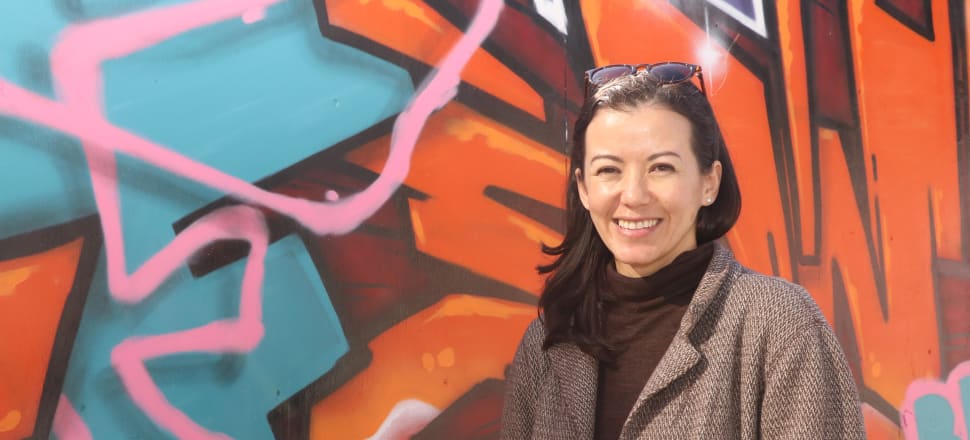
Lan Pham seizes the day, including being catapulted into this 'crazy political thing' for the Green Party
As a young journalist in the mid-1990s, I interviewed British author Terry Pratchett. Afterwards, he felt compelled to dispense sartorial advice.
Lose the tie pin, he said of the pen-shaped pin fixed to my burgundy tie. “You’re trying too hard.”
Since then, I’ve been interested in fashion choice as a potential indicator of try-hards.
READ MORE: * ‘Steve from Spotify’ wants to bring activism to Parliament * Act’s Laura Trask would kill off red tape ‘overkill’
Based on our interview at a central Christchurch bar, Lan Pham (said: “Laan Farm”) isn’t one.
The Green Party candidate for Banks Peninsula is a sure thing to make Parliament, due to her party list ranking of six, but doesn’t wear a single green-coloured item.
We are meeting in the “emerald room”, however, and the comfy bench seats are green, so there is a nod to her political future.
“I’ve got the chips sorted!” Pham yells as I enter the empty bar.
Painting on political colours has sometimes been the way of Pham, 37, a mum of two, who burst onto the political scene in Canterbury in 2016.
She has a masters in freshwater ecology, and cut her environmental teeth on Canterbury’s water zone committees. Her overriding feeling was there just weren’t enough voices talking about the health of environment.
So she took a break. From society.
Far from the madding crowd
Pham took a 13-month role as biodiversity and conservation contracts manager on Raoul Island, in the Kermadecs, a five-day boat ride from civilisation. Population: Seven.
In a move some would call bold, others stupid, she worked out the boat-ride off Raoul would get her back in Christchurch a week before the local government elections.
“So I was like, oh, I’m going to run for regional council from the island.”
(That year, 2016, marked a partial return to democracy for regional council ECan, with a mix of elected councillors and appointed commissioners.)
A chance encounter with Labour MP Ruth Dyson, and her husband Martin Ward, who visited the island while taking a heritage cruise, led to Pham running on the Labour-aligned People’s Choice ticket.
The Christchurch team stuck up billboards, and delivered flyers, while she made campaign videos from the island.
“I’m not in politics for the politics.” – Lan Pham
“People were, like, why are you running? You don’t have any name recognition.”
But the campaign was a stunning success. Pham was the highest-polling candidate for the regional council, ECan, with 55,313 votes.
She was catapulted from hermit life to public life.
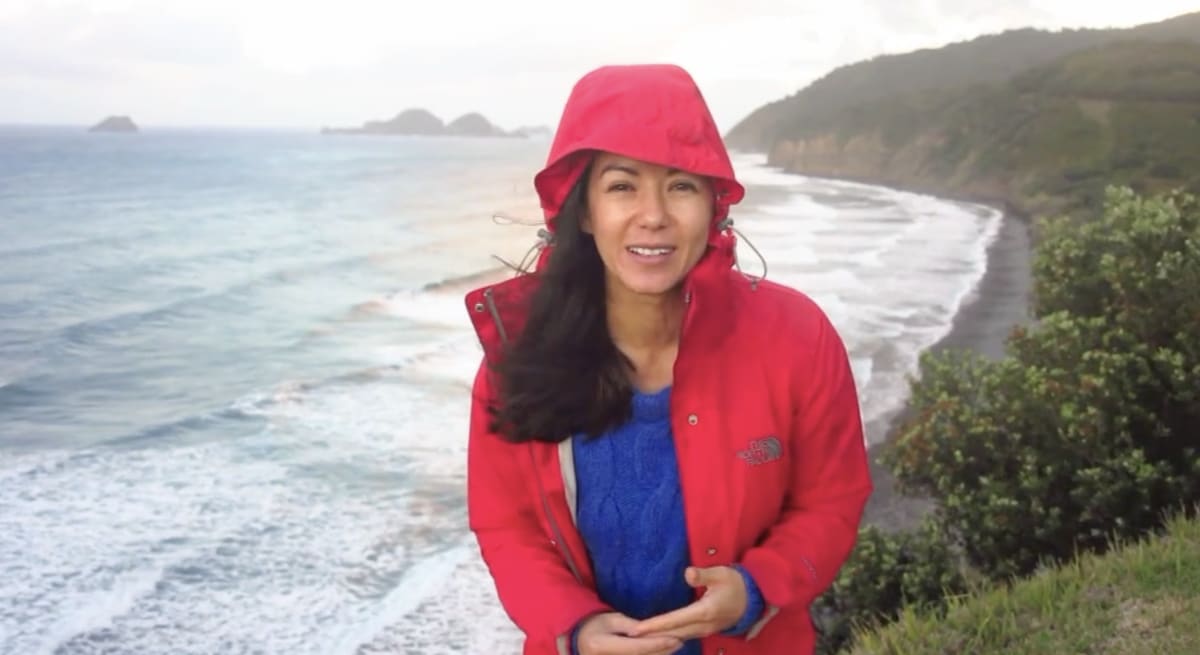
In 2019, when all ECan councillors were elected, she walked away from People’s Choice after her running mate, transport planner Axel Wilke, wasn’t selected.
“The processes, as I discovered, were more about ‘have you done your Labour time’?” She adds: “I’m not in politics for the politics.”
The pair ran as independents in Christchurch Central/Ōhoko, on a ticket they called Common Good. Pham got the most votes in the constituency, with 8486, but Wilke, who finished fifth, wasn’t elected.
Two terms as a regional councillor, and now she’s running to be a Green MP.
As we munch on Pham’s chips, I put to her that some may interpret her move as one of frustration. Perhaps ECan, oft criticised for its environmental record, can’t be changed and she wants to head to Parliament to make more of a difference?
“I definitely didn’t leave in frustration,” says Pham, who waves an aioli-coated chip pincered in front of her. “I mean, I was frustrated but I didn’t leave in frustration.”
She explains she left to join the Office of the Chief Freshwater Commissioner, hearing councils’ freshwater plans – which she described as a better path to create positive change.
“I was, like, oh my goodness – direct decision-making under Te Mana o Te Wai, without the politics. What could be better?”
(Te Mana o Te Wai is a hierarchy of priorities, putting the health of water above other management priorities, enshrined in the national policy statement for freshwater management.)
The crunch came when the High Court ruled the Otago Regional Council couldn’t advance its entire regional policy statement through the office’s accelerated freshwater hearings.
“I don’t care how cushy the job is and how awesome it would be, I couldn’t sit there and still have to section out freshwater from the rest of the environment. That would just destroy me.”
At about the same time, Green MP Eugenie Sage, who lives in the Banks Peninsula electorate, was retiring, which gave her pause for thought.
“There’s just so few people in the environment space getting involved in politics. I’ve had the privilege of being in an elected role, with an environmental background.
“With privilege comes responsibility and, actually, I need to get involved. So I resigned as a commissioner and just threw my hat in with the Greens.”
That’s not the whole story.
Keeping watch
The Greens have been keeping tabs on Pham for some time.
Auckland Central MP Chlöe Swarbrick recalls meeting Pham about the time of the 2017 general election, and admits to pushing her, since then, “to recognise the value that she could bring to the national conversation, and the expertise in legislating for this stuff as well”.
“I was just totally blown away by somebody who not only obviously understands all of these issues from an academic and research background, and also a very practical one on the ground, but has the ability to communicate and articulate that to the general public in such a way that is relevant to and connects with them, and then drives that political action.”
The Greens have lucked out to get Pham, Swarbrick says. In the same breath, she also mentions Steve Abel, a climate activist, ranked nine, running in Auckland’s New Lynn, and Kahurangi Carter, ranked 14, an advisor to the Ministry for the Environment who’s standing in Christchurch Central.
“That’s succession,” Swarbrick declares.

Pham, born and raised in Wellington, is a twin, one of six children to dad Anh-Tuan Pham, who moved to New Zealand from Vietnam in 1972, and Pākehā mother Rosalie Smith, whose ancestry is English and Irish.
Her parents met at Auckland University, where her dad took up a Colombo Plan scholarship in chemical engineering. But he never finished his degree.
A computer software company at which he had a cleaning job asked him to take an entrance exam, and he came top, and was offered a job as a programmer. Her dad “worked day and night”, and her mum, a sexual education teacher who later became a social worker for Work and Income, raised the kids – she was “everything about community and family”.
While her mum was Catholic, she describes her dad as Zen-practising.
“That was a really cool thing for me. I always grew up knowing that I had to figure things out.”
Her mum died when Pham was 19 – an age, she says, she was able to cope as a “fully formed human”. She translated the family tragedy as a motivation – “life’s short, live it, basically”.
Perhaps that’s why she’s doing this “crazy political thing”. It might be the worst environment, in some ways, but, she says, “how else are we going to make things better?”
Pham’s a doer. After completing her undergraduate degree in ecology at Otago University, she did a course called Conservation Corps, and got work experience in the Department of Conservation’s freshwater team.
She started learning about native fish, and there pervaded an attitude within DoC, Pham says, of no one caring about them because people don’t know about them.
“And I was, like, well, I didn’t know about them and I care about them, so other people probably will, too.”
When the National-led Government was cutting DoC funding, Pham and her friends started a charity called Working Waters Trust. It had a decade of making a difference in schools and with private landowners and community groups – but only in “bubbles”.
“I’d see over the fence, there’d be wetlands being bowled, pivots going in.”
The trust recently folded, which was a relief, Pham says, as the trustees were moving on to other things, and it was exhausting to be in the constant treadmill of securing funding.
“Also, at the time, the National Government were in and that was when they were doing the whole swimmable [river] standards.”
Going somewhere
Her political trajectory has taken her from water zone committees, to Raoul Island, and then onto ECan.
Her regional politics leaked into national politics before the 2017 general election, as Pham and friends made a spoof video of Taylor Swift’s Bad Blood about the country’s freshwater crisis.
Was Pham always destined for Wellington?
One of her fellow councillors, dairy farmer John Sunckell, who also made it onto ECan in 2016, certainly thought so. He said Pham “always had the appearance that she would go somewhere and do something, probably greater things than sitting at an Environment Canterbury table”.
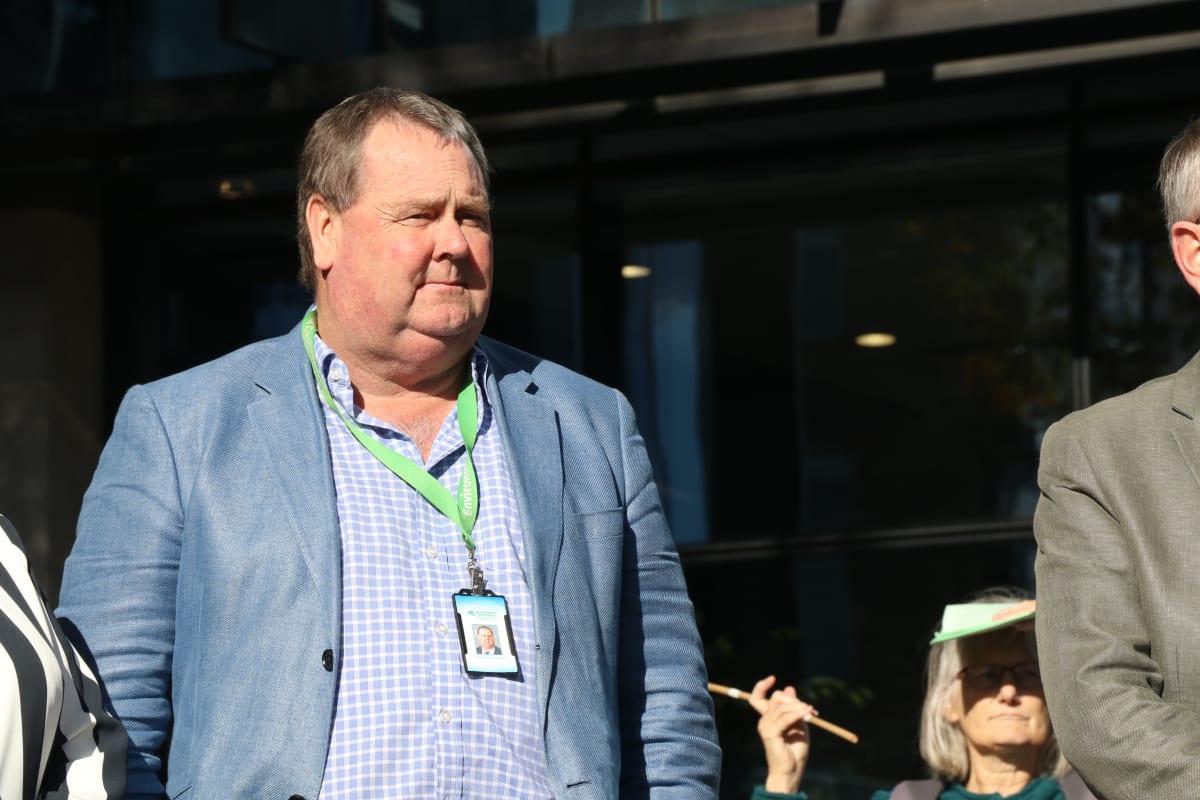
I ask Pham if there’s a problem with regional councils.
Why is it that, seemingly uniformly, water quality is deteriorating under their noses? Have they been set up to fail? Do they not have the tools they need?
The Green Party candidate reaches for a local example, saying roughly half of Canterbury’s river catchments are over-allocated – basically, too much water is being taken out of them.
But the latest national policy statement in freshwater management mandates Te Mana o Te Wai – the health and the mana of the water body comes first. “Cool,” says Pham. “So what does that actually mean?”
As far as she’s aware, regional councils don’t have appropriate tools to address over-allocation. There’s an existing pool of consents and water rights, which are expiring one-at-a-time.
“And then what? So you just decline some [consents] because it’s over-allocated?”
What if that consent has a more sustainable land-use, she ponders, with less environmental impact? How is that going to be fair?
“That’s something we’ve got to figure out.”
Aotearoa needs to move past the sentiment of improving water quality, and quantity, and actually give councils the tools to do something about it, she says. Further, she’d like this small country to be more focused on landscape-scale approaches.
She envisions mountains-to-sea biodiversity corridors, mixed with farms – “we need to make our land actually work for us”. Not in a mono-cultural, productivity kind of way, she clarifies. It’s about much more than economic growth.
Thoughtful change allows farmers to grow food, for areas to be resilient against climate change, to have reliable water sources, with drinking water that can be relied on when droughts and other big challenges come our way.
Here’s where Pham’s political philosophy shines through.
“I really, genuinely believe we get the best answers together.
“So often I despair – and maybe the media are part of this as well, I don’t know – but every political party is meant to have the answers, and then talk about things as if their answers are the way forward.
“I would love to be part of trying to change Parliament into a much more collaborative thing ... where people actually end up working together.”
'Still amazed'
Back to her time on the regional council, Pham says she wanted to influence positive outcomes. “And I think we did that in some areas.”
She points to cheaper bus fares – “I would have liked free fares” – opposing deep sea oil and gas off the Canterbury coast, and declaring a climate emergency.
“I’m still amazed that that went through.”
While she was on council, spending on biodiversity projects went from about $3 million to $38 million, some of which was thanks to the Government’s Jobs For Nature programme. “It was, like, let’s go!”
For Pham it isn’t about money, though. “You can throw money at anything and you might not have any outcomes.”
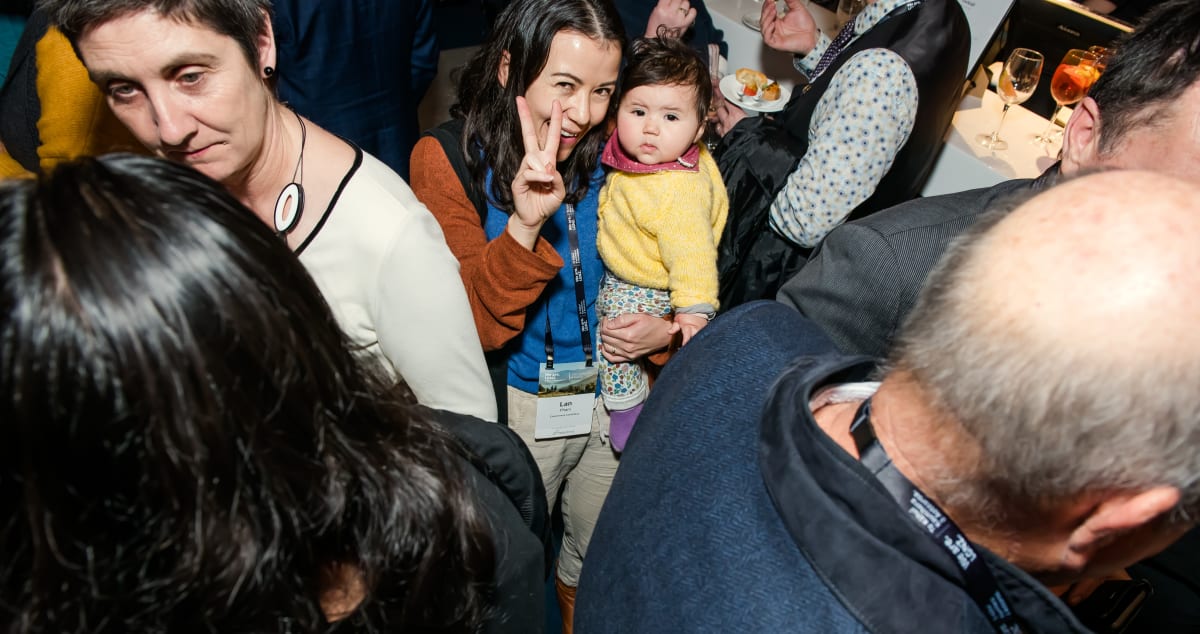
The council’s record on freshwater isn’t as good.
The Te Mana o Te Wai framework set the framework, and, in her second term, ECan set up and funded the implementation. Things take time, she says – for Canterbury’s freshwater, that’ll be measured in decades. Pham laments that Government-set standards and bottom lines weren’t put in place 20 or 30 years ago.
So the deficiency is a lack of national direction?
No, she says, it’s a combination of failures. At a basic level, humans thought the world was so big they’d never have an impact. People lived their lives, and ran their businesses, and society, as a whole, has been complacent about profit-making with an environmental impact.
Now there are severe environmental declines through cumulative impacts. It’s death by a thousand cuts.
“I just feel like everyone’s screwed up.”
More specifically, councils didn’t take their role, as environmental stewards, seriously enough.
“There’s always been a total lack of not only regulation but enforcement,” she says. “It’s just been a shambles.”
“This is what I want to do because it matters. So, yeah, I feel like I’m ready.” – Lan Pham
Pham is focused on what’s next, but she’s not convinced we’re doing our best to solve environmental problems.
Take winter grazing, for example – “big issue, massive contaminant loss, it just does not look like a good idea”. The Government acts and brings in new consents.
Before leaving ECan, Pham asked if the consenting process would make a material difference to the amount of winter grazing, and the contamination entering waterways. “They didn’t know.”
Governments – whether central, local or regional – are quick to create new rules and regulations, thinking they’ll solve a problem. “But it doesn’t necessarily because the outcomes on the ground are the only things that matter.”
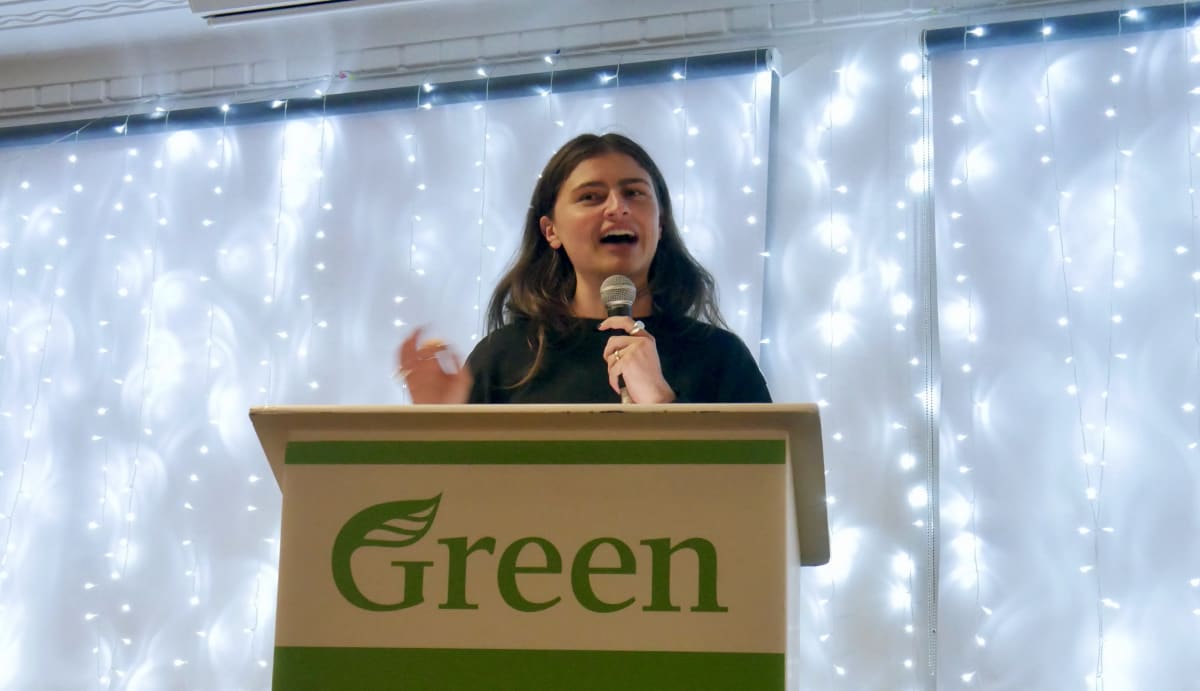
How does Pham work with others?
Sunckell, the Mid Canterbury dairy farmer, says they advocated from different philosophical positions but had a mutual respect. Pham has a passion, authenticity and unwavering zeal for achieving outcomes, the three term councillor says.
“She was very strong in her views and values around freshwater, biodiversity, the environment, and probably took a much stronger line than I would have,” says Sunckell, who admits to being “true blue National Party”.
“She took the view that we were in crisis and we needed to do whatever we needed to do to achieve outcomes – and what would be, would be, which challenged me.
“I was probably looking for a fairer, slower, just transition to outcomes whereas Lan was a lot blunter, not necessarily binary but a lot blunter in what needed to be done and in shorter timelines.”
Pham reinforces this need to work collaboratively. She hates labels and assumptions, she says.
“You always need to make space for everyone around the table to be part of what you’re trying to do. Because as soon as you’re, like, you’re over there, and you can’t be part of this, then just go home.
“You’re not gonna achieve anything.”
'I could be dead tomorrow'
Newsroom asks Pham if she has ambitions of becoming a minister or leader.
“No,” she says quickly. “Whatever the pathway of change is, I’m up for it.”
Again, she harks back to life is short. She won’t be pinned down on how long she wants to be an MP, either – “I could be dead tomorrow”.
"I know that this is what I’m doing now and I’m gonna give it everything.”
You’re never feel entirely ready to try new things – like standing for Parliament, for example – but her attitude is: “just get into it”.
“This place, on which we pin such hopes as the pinnacle of democracy, has proved itself incapable of responding to the crises that threaten to overwhelm us. As an institution it is asleep, often in denial, and often preoccupied with trivia.” – Jeanette Fitzsimons, former Green co-leader
Pham starts to say she lives to work, but then says it’s not really about the work. “I love trying to create change.”
She doesn’t switch off, she says, and then backpedals a little. Well, she does switch off when she’s with family, but otherwise she’s always on.
“This is what I want to do because it matters. So, yeah, I feel like I’m ready.”
Asked if she has any political heroes, Pham mentions the late Jeanette Fitzsimons, a former Green Party co-leader, whose biography was published last year.
Chlöe Swarbrick wrote the foreword in the Gareth Hughes-authored book. In it, Swarbrick recalls meeting Fitzsimons for the first time in 2017, and the former co-leader saying: “People are saying they’re trying to helicopter you in.”
Swarbrick seems to have passed that particular baton to Pham.
In Fitzsimons’ valedictory speech in 2010, she looked back on her parliamentary career with “great sadness”, she said, that the big picture hadn’t changed all that much.
“This place, on which we pin such hopes as the pinnacle of democracy, has proved itself incapable of responding to the crises that threaten to overwhelm us,” Fitzsimons said. “As an institution it is asleep, often in denial, and often preoccupied with trivia.”
The challenge for Pham, and 119 other MPs, is to wake it up.






